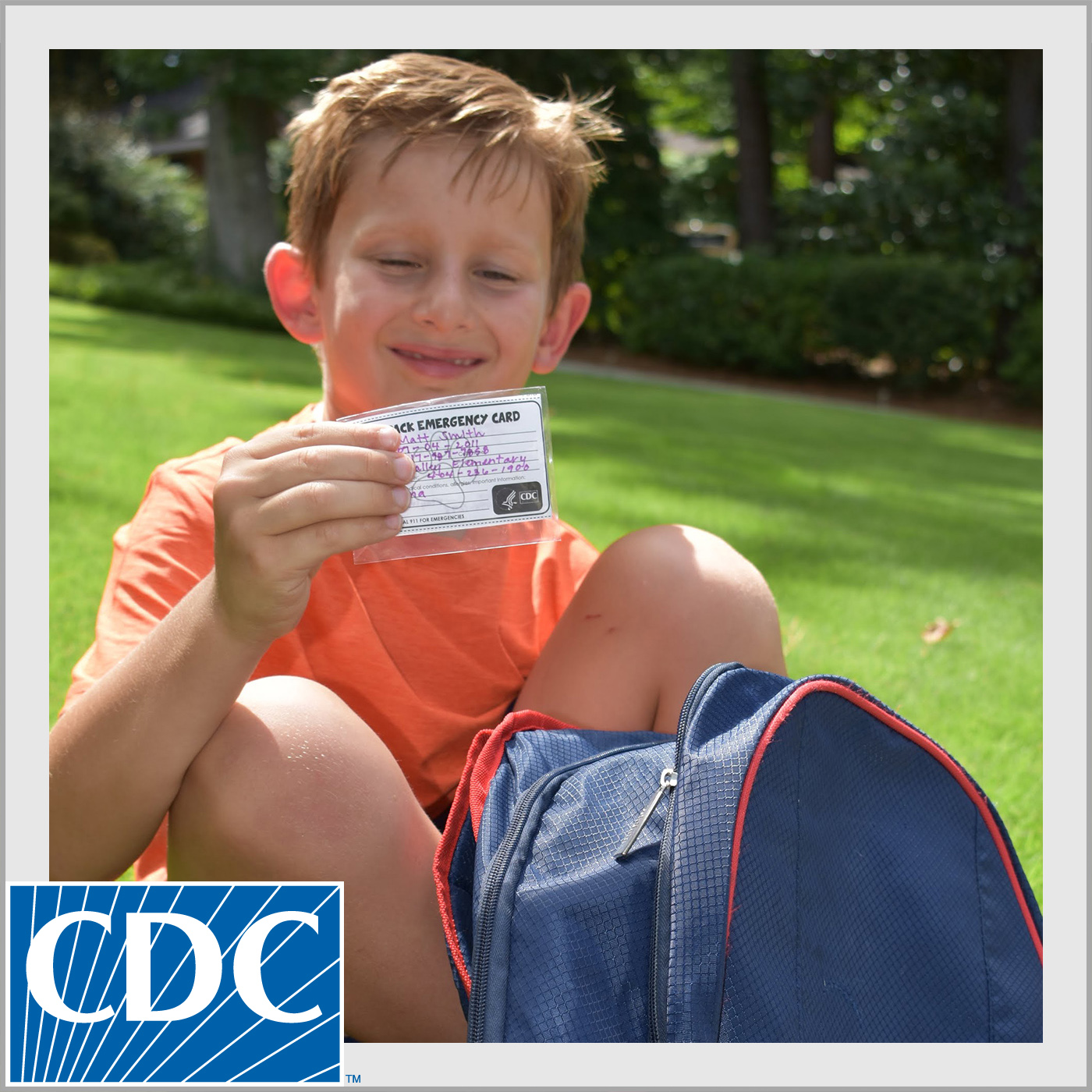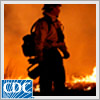Discover CDC Emergency Preparedness and You
CDC Emergency Preparedness and You

11 Episodes
Reverse
This podcast highlights the importance of emergency preparedness for children and guides parents on how to develop an emergency preparedness plan for their children as they head back to school.
In this podcast, CDC asks its staff about their experiences during the January 2014 Snowpocalypse and if they were prepared.
An emergency kit can help you survive during a disaster. This podcast discusses supplies to include in your kit.
When disaster strikes, you might not have access to food or water. This podcast discusses types of emergency food supplies you should keep on hand in your emergency kit.
Smoke from wildfires can be dangerous to your health. In this podcast, you will learn the health threats of wildfire smoke and steps you can take to minimize these effects.
If you are not ordered to evacuate, and you stay in your home through a hurricane, there are things you can do to protect yourself and your family.
Hypothermia is a serious medical condition that strikes during very cold weather or when people are chilled from rain, sweat, or cold water.
El humo de incendios forestales representa una seria amenaza para la salud de las personas que padecen enfermedades cardíacas y pulmonares, los adultos de mayor edad y los niños.
If a hurricane warning is issued for your area, or authorities tell you to evacuate, take only essential items. If you have time, turn off gas, electricity, and water and disconnect appliances.
It spreads easily. It kills quickly. Those are just two of the reasons the plague has been an attractive weapon of destruction for centuries.
Tularemia is most commonly associated with handling infected animals, or getting a bite from an infected tick or flea. Bioterrorism experts fear an uncommon but deadly means of exposure to the bacterial disease - breathing tularemia in aerosol form.













